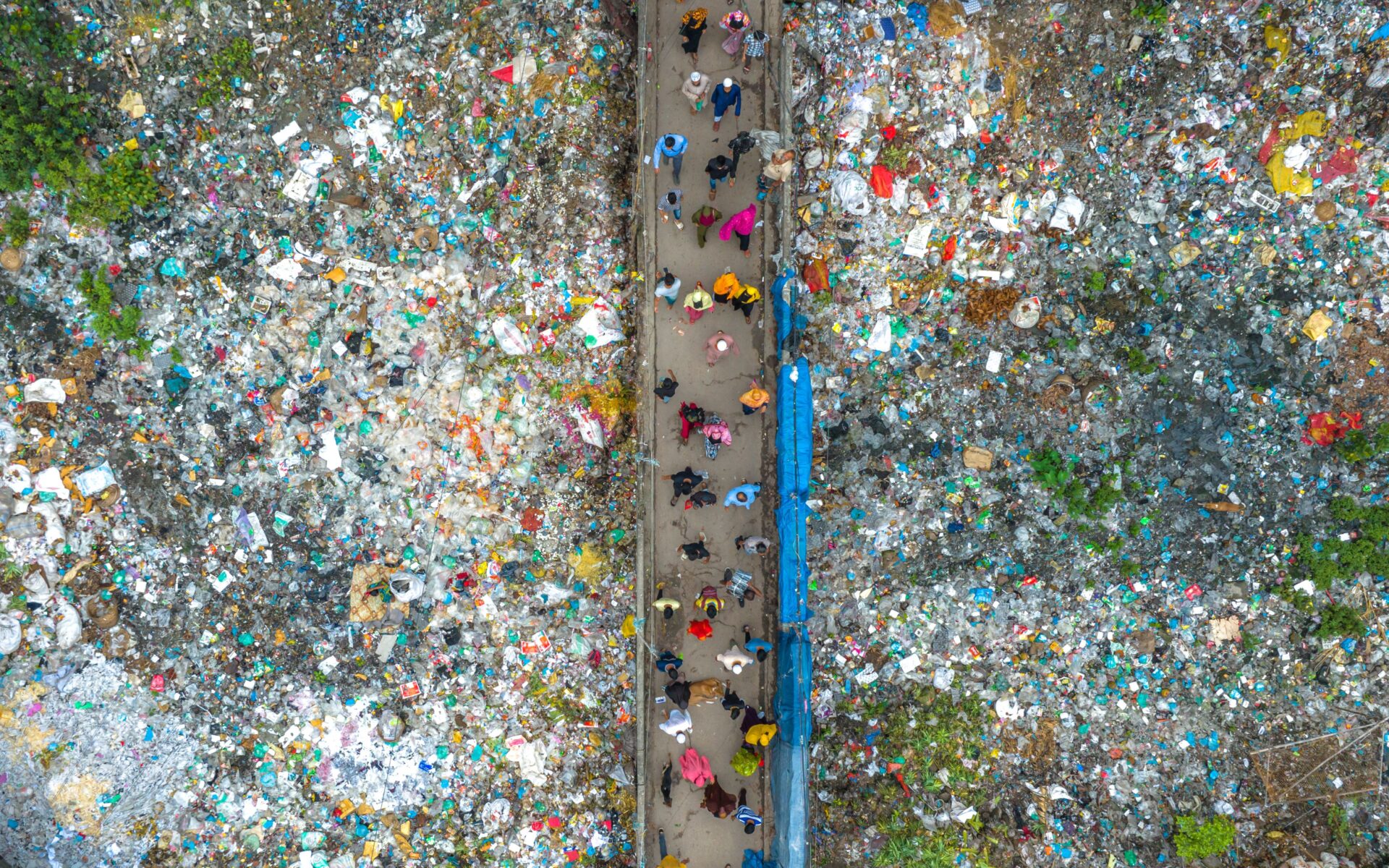
Interaction & ICVA Call on World Bank Group to Update Operational Model
As the planet breaks previous seasonal heat records and forced displacement affects a record 110 million people, there is a growing imperative to invest in global public goods. These include expanding climate adaptation and mitigation, reducing extreme poverty, and addressing conflict and other global crises.
In January 2023, the World Bank Group (WBG)—the largest global development bank whose portfolio covers conflict, disasters, forced displacement, and other development challenges in low- and middle-income countries (L/MICs)—launched its “Evolution Roadmap” process. The main goal of this process is to determine how the WBG can evolve its mission, vision, operating model, and financial model to better address the current scale of global development challenges.
The World Bank held multiple regional and global consultations to inform the ongoing Evolution Roadmap process, including an NGO consultation on June 29, 2023, co-hosted by InterAction and the International Council of Voluntary Agencies (ICVA). Key outcomes from these consultations were synthesized into a final report published in September 2023. The future of the Evolution Process was further discussed at the Second Evolution Forum, which took place at the World Bank Group’s Annual Meeting in Marrakech in October 2023.
During the NGO consultation in June, InterAction and ICVA members met with WBG senior leaders and technical focal points to discuss how the WBG’s evolution can best meet the needs of vulnerable people. Many of the points raised in June were reiterated by NGOs at the WBG annual meeting in October, including those that highlighted the importance of expanding WBG partnership options to better include NGOs operating in situations of fragility, conflict, and violence (FCV).
Humanitarian and development institutions have different ways of working based on their mandates, histories, and operational realities. The WBG currently operates through a country-based model, working with national government “clients” to deliver budget support and finance in-country projects. Humanitarian NGOs tend to minimize interactions with national governments as a means of upholding the humanitarian principle of neutrality. This has contributed to NGOs having to rely on short-term funding for their responses, even in protracted crisis settings.
However, operational realities are shifting for humanitarian and development institutions as crises become more complex. Many of the WBG’s client countries are among the most vulnerable to climate change, host and generate large numbers of displaced people, and are most burdened by unmanageable debt. Some have ineffective or non-representative governments that lack popular support. In response, InterAction and ICVA members have called on the WBG to update its operational model in FCV contexts to increase partnership options with NGOs, address difficulties in navigating governance issues, and increase risk tolerance, especially in areas controlled by non-state actors.
Additionally, to help L/MICs facing economic challenges due to worsening crises, the WBG should consider innovative financial solutions. One potential solution would be securing commitments from countries with a surplus of Special Drawing Rights (SDRs) to invest their SDR reserves into SDR-denominated bonds. It is also extremely important to the NGO community that the WBG does not shy away from investments in FCV contexts and protects concessional funding toward refugees and host communities.
With global inequalities and extreme poverty on the rise, InterAction and ICVA members join others in calling for the WBG to support stronger metrics for measuring wealth and inequality as it continues to evolve. Specifically, InterAction and ICVA encourage the use of the Palma Ratio, which is a metric that compares the income of the top 10% of a country’s population to that of the bottom 40%. By utilizing stronger metrics, the World Bank Group can continue making progress toward addressing global inequality and upholding their commitment to the Sustainable Development Goals.
InterAction and ICVA welcome the WBG’s evolution and appreciate their enthusiasm in bringing civil society into this critical and ongoing dialogue.
For more details, read our collective feedback submission HERE.








